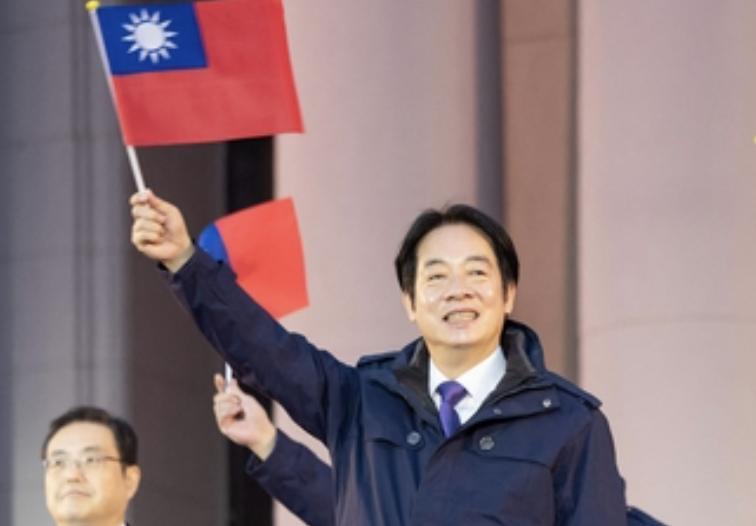
We want peace with China but will boost defences: Taiwan Prez Lai
In a recent statement, Taiwan President Lai Ching-te emphasized the island’s desire for peace and dialogue with China, while also reaffirming the need to strengthen its defenses. Lai’s comments come amid tensions between the two sides, which have been escalating in recent months.
Speaking on Tuesday, Lai emphasized the importance of seeking peace, stating, “War has no winners…But when it comes to seeking peace, we cannot have dreams or illusions.” He went on to say that Taiwan is committed to continuing dialogue with China, but that this must be done in a way that is realistic and grounded in reality.
Taiwan and China have been at odds for decades, with China viewing Taiwan as a breakaway province that must be reunified with the mainland. Taiwan, on the other hand, has maintained its independence and has been pushing for greater international recognition. The situation has become increasingly tense in recent months, with China stepping up its military activities and Taiwan responding by increasing its own defense capabilities.
Despite the tensions, Lai has stressed the importance of maintaining a dialogue with China. He has repeatedly called for peace and stability in the region, and has emphasized the need for both sides to work together to address their differences.
China has also expressed a willingness to talk, but only under certain conditions. A spokesperson for China’s Taiwan Affairs office stated that the country is open to talks with Taiwan, but only under the “one-China principle”, which asserts that there is only one Chinese government and that Taiwan is a part of it.
The “one-China principle” has been a sticking point in previous talks between Taiwan and China. Taiwan has consistently rejected the principle, citing its own sovereignty and independence. However, China has used its economic and military power to try to pressure Taiwan into accepting the principle, including by limiting Taiwan’s international participation and conducting military exercises near the island.
Despite the challenges, Lai remains committed to the idea of peaceful dialogue with China. He has emphasized the importance of finding a solution that is acceptable to both sides, and has called for greater international involvement in the process.
This approach has been welcomed by many in Taiwan, who are eager to see a resolution to the crisis. However, others have expressed skepticism, citing China’s track record of not following through on its commitments.
The situation is complex and fraught with challenges, but one thing is clear: the status quo is unsustainable. Both Taiwan and China need to find a way to move forward, and that can only be done through dialogue and compromise.
In the meantime, Taiwan is continuing to strengthen its defenses, which has been a major point of contention with China. The island has been increasing its military spending and modernizing its arsenal, which has been seen as a threat by China.
However, Lai has emphasized that Taiwan’s military buildup is not intended to provoke China, but rather to ensure the island’s security and independence. He has also called for greater international cooperation to address the crisis, and has emphasized the need for a multilateral approach to resolving the issue.
The situation between Taiwan and China is one that requires careful attention and a nuanced approach. While there are many challenges to overcome, there are also many opportunities for progress. By working together and finding a way to move forward, it may be possible to achieve a lasting peace and stability in the region.



